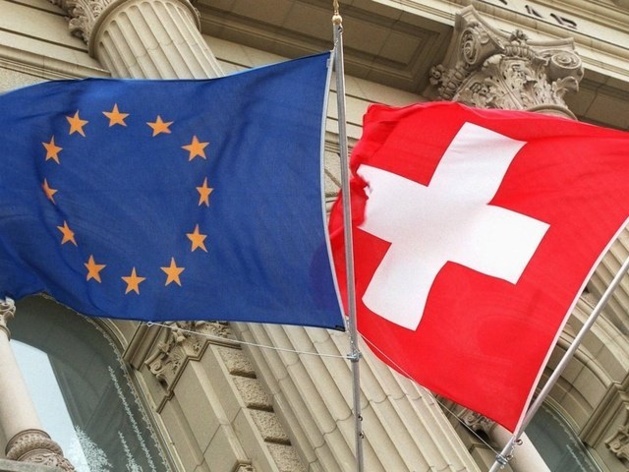
Photo credit DR
50,3% of the Swiss voted in favour of the right-wing party project, thus, the whole country accepted the creation of annual quotas for European immigrants. The consequences, some of them known, others unknown, turned out to be immediate and quite significant for a certain fields such as education, research, and movies.
Indeed, the launch of annual limits to immigration goes against free movement of people in the European area. This treaty is part of the bilateral agreement that was agreed upon by a majority of 67,2% of the Swiss population and voted on fourteen years ago, on May 21st 2000. It allows European citizens the freedom of living and working in Switzerland and vice versa.
The seven agreements, which include a harmony of the public market, agriculture, land and air transport, research and technical impediments to trade, are bonded by a “guillotine clause”. As it stands, if they do not comply with one of the agreements, all of them will suffer heavy consequences. The “yes” vote of February 9th 2014 also prevents the Swiss signature at the bottom of the “Croatia Protocol” that expands the rights of free movement to the new European member.
Even before even getting started on the launch of the initiative, the Federal Council must cope with an angry European Commission that is reacting really quickly. A mere three weeks after the vote, European Commissioner, Laszlo Andor announcing the direct impact of the Swiss vote. Namely, the suspension of Switzerland as an official member of the “Erasmus +” student exchange program, Horizon 2020 and MEDIA—a suspension which is not called a “sanction” by the European Union but a “logical consequence of the Swiss vote” (European Commission Statement, Strasburg, February 26th 2014).
TOWARDS A COMMON LANGUAGE
The Swiss Federal Council introduced, under pressure, temporary solutions in terms of funding for the programs in danger, as well as a new approach of their relation with the European Union. On March 7th 2014, the Swiss Confederation took on the new European regulations that aim at strengthening the Dublin Regulation. March 26th 2014, the active and financial support of Switzerland to the EASO (European Asylum support Office) was confirmed.
Moreover, Switzerland will contribute to the enlargement of the European Union, thanks to the input of 45 millions of Swiss Francs in favour of Croatia – an act of solidarity which is temporarily enough. In early May, the European Union announced the cessation of suspension of Switzerland in the student exchange programs as Erasmus + and Horizon 2020.
Despite the sort of normality that seems to exist for the first time since February 9th 2014, the relations between Switzerland and EU stay on the principle of an eye for an eye and a tooth for a tooth. The Federal Council now has three years to find a way to reconcile the initiative of “Against Mass Immigration” and the contract with their European collaborator—an almost impossible task without making enemies.
After shooting itself in the foot, Switzerland seems to be forced to line up with the European program. For the time being, a compromise looks like the only choice faced with a firm Europe.




























